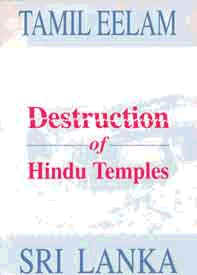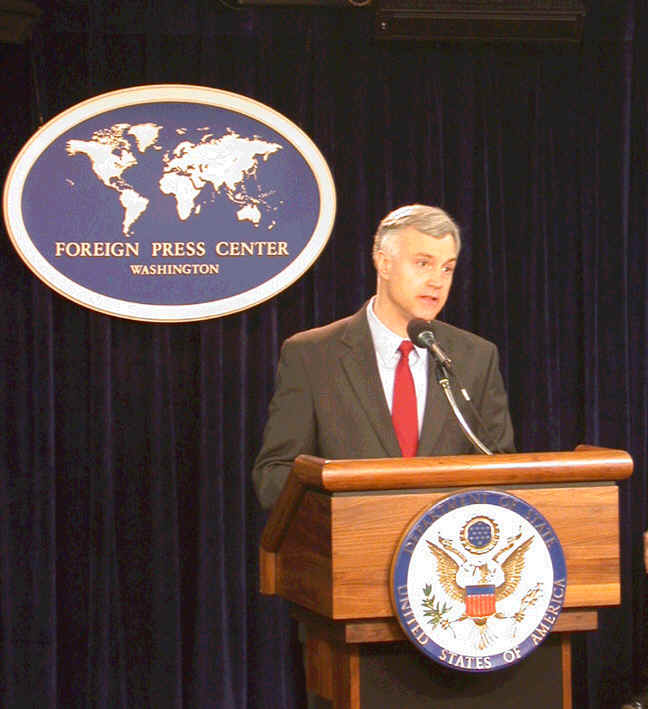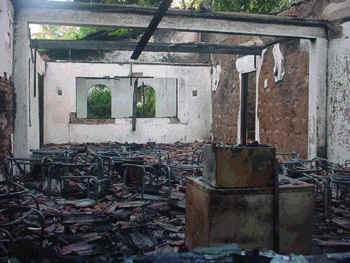
Just like the US State Dept.’s annual Human Rights Report, the Report on International Religious Freedom is a summary of events this government department has heard about from its embassy in Sri Lanka and other sources. Sri Lanka has been put on the list because of concern by Christians in the US for the well-being of Christians in Sri Lanka. If Hindus or Muslims want similar concern shown then the one way to assure it is to make sure that instances of religious intolerance or discrimination are brought to the attention of the US embassy or the State Dept. itself for next year’s report. Even better than contacting them as an individual is to encourage a religious organization or one’s congressman to give them information that you are concerned about.
U.S. Department of State
2201 C St. NW
Washington, DC 20520
–Editor
The US Department of State released the sixth Annual Report on International Religious Freedom September 15 examining the “status of religious freedom around the world.” The 2004 report designates Saudi Arabia, Eritrea and Vietnam as new “Countries of Particular Concern” for particularly severe violations of religious freedom. The report also renamed Burma, China, Iran, North Korea and Sudan to the list.

John Hanford, Ambassador-at-Large for International Religious Freedom
The report also identifies countries that have achieved “significant improvement in the protection and promotion” of religious freedom, including Afghanistan, Georgia, India, Turkey and Turkmenistan.
Sri Lanka finds itself on a U.S. list of countries of particular concern “for particularly severe violations of religious freedom,” paving the way for possible U.S. sanctions. The report said freedom of religion was not recognized or protected under Sri Lankan law, and basic religious freedoms were denied to all but those who practiced Buddhism. “Freedom of religion does not exist” in Sri Lanka, the report said.
The country’s Hindu and Christian minorities faced discrimination and restrictions on the practice of their faith, the report added. The report pointed to inflammatory anti-Christian sermons being delivered by clerics who were paid by the government.
Here are some excerpts on Sri Lanka:

Burnt evangelical church in Sri Lanka 2004
There was an overall deterioration of religious freedom due to the actions of extremists. In late 2003 and early 2004, Buddhist extremists destroyed Christian churches and harassed and abused pastors and congregants. There were over 100 accounts of attacks on Christian church buildings and members, several dozen of which were confirmed by diplomatic observers. NGOs have reported that in the majority of cases the police failed to protect churches and citizens from attack.
In May an MP of the Jathika Hela Urumaya party presented a draft anti-conversion bill to Parliament. In June the Minister of Buddhist Affairs presented a separate draft anti-conversion bill to the Cabinet. It was not formally approved; however, it was sent to the Attorney General for a review that was ongoing at the end of the period covered by this report. There has been considerable public discussion of the bills, and many government officials expressed their concern about such legislation.
The entire report can be read at http://www.state.gov/g/drl/rls/irf/2004/35520.htm
Tamil Canadian News Room, September 15, 2004